Any home cook knows that the quality of a dish is directly tied to the quality of its ingredients. While it’s crucial to focus on the ingredients in your recipes, it’s equally important to consider the materials used in your kitchen tools and cookware. Recent reports have highlighted concerns that black plastic utensils may contain hazardous chemicals, and microplastics could be contaminating your food containers.
As awareness grows about the risks associated with harmful chemicals in kitchen tools and utensils, more people are realizing the importance of choosing non-toxic, safe materials. Since these utensils and cookware come into direct contact with food, selecting non-toxic kitchen tools is essential for protecting both your health and the environment.
In this article, we’ll discuss what makes kitchen utensils non-toxic, why it matters, and how to choose the best non-toxic options for your kitchen.
What Are Non-Toxic Kitchen Utensils?
Non-toxic kitchen utensils are designed to be free from harmful substances like BPA, phthalates, PFOA, and PTFE, which are commonly found in traditional plastics and non-stick coatings. Non-toxic utensils prioritize your health, the environment, and sustainability, offering safer alternatives for food preparation.

Here's a breakdown of key attributes that make kitchen utensils non-toxic:
BPA-Free: Bisphenol A (BPA) is a chemical commonly used in plastics, and it has been linked to various health problems such as hormonal imbalances, reproductive issues, and even cancer. BPA-free utensils are made without this harmful chemical, ensuring that your cooking tools don’t leach dangerous substances into your food.
FSC-Certified: Utensils made from wood (such as wooden spoons or spatulas) can be environmentally friendly when they are FSC-certified. The Forest Stewardship Council (FSC) ensures that the wood comes from responsibly managed forests, promoting sustainable sourcing and protecting ecosystems. This certification ensures that the utensils are made from materials that are both eco-friendly and safe for use.
FDA-Approved: FDA approval ensures that materials used in kitchen utensils meet stringent safety standards for food contact. Utensils that are FDA-approved are tested and certified to be free from harmful chemicals, making them a reliable choice for safe food preparation.
Microplastic-Free: Many kitchen utensils, especially those made of lower-quality plastic, can shed microplastics into food, particularly when exposed to heat. Microplastic-free utensils are made from non-plastic materials or high-quality plastics that do not break down into small particles, reducing the risk of contamination.
By opting for non-toxic kitchen utensils, you can ensure that your cooking tools are both safe and environmentally friendly, protecting both your health and the planet.
What Harmful Chemicals Should You Avoid?
When selecting kitchen utensils or cookware, it's important to avoid harmful chemicals like:
PTFE (Polytetrafluoroethylene): A chemical found in traditional non-stick coatings (like Teflon). When heated above 500°F, PTFE can break down and release toxic fumes, which can be harmful to both humans and pets.
PFOA (Perfluorooctanoic Acid): Often used in the manufacturing of non-stick cookware. PFOA is linked to health issues such as cancer, liver damage, and developmental problems. It is persistent in the environment and can accumulate in the human body.
PFAS (Per- and Polyfluoroalkyl Substances): A group of chemicals used for water- and grease-resistant coatings, often found in non-stick cookware, food packaging, and stain-resistant fabrics. PFAS are known as "forever chemicals" because they do not break down in the environment and can accumulate in the body, leading to serious health concerns like hormone disruption and cancer.

Avoid cookware or utensils made with these chemicals to ensure a safer and healthier cooking experience.
Are Nylon Cooking Utensils Safe?
No, nylon cooking utensils are generally not considered safe. Nylon is a synthetic plastic material that can leach chemicals when exposed to high heat, which can contaminate your food. This is especially problematic since many kitchen tools, such as spatulas or spoons, are used in hot cooking environments, like stir-frying or simmering. The heat can cause nylon utensils to break down and release toxins into your food.
The good news is that it’s simple to avoid this risk by switching to safer alternatives like wooden, silicone, or stainless steel utensils. These materials are heat-resistant, non-toxic, and safe for cooking, offering a healthier option for your kitchen without the risk of chemical leaching.
What is the Best Material for Cookware?
Ceramic-Coated Cookware: Ceramic-coated cookware is considered one of the best materials for cooking for several reasons. It offers the non-stick performance of traditional non-stick pans without the harmful chemicals like PTFE or PFOA. The coating is non-toxic, eco-friendly, and provides a smooth, easy-to-clean surface that doesn't absorb food odors or stains.
Stainless Steel: Durable, non-reactive, and resistant to rust, stainless steel is a reliable option for many cooking needs. It provides excellent heat distribution but can be prone to sticking unless combined with non-stick coatings or oils.
Enameled Cast Iron: Known for its even heat distribution and excellent heat retention, enameled cast iron is perfect for slow cooking and braising. However, it is heavy and can be expensive. While it’s easy to clean, it may not be as non-stick as ceramic options.
Cast Iron: Like enameled cast iron, regular cast iron is fantastic for retaining heat and giving foods that perfect sear. However, it requires seasoning to maintain a non-stick surface, and it can rust if not cared for properly.

Food-Grade Silicone: Primarily used for utensils, silicone is heat-resistant and non-toxic. It's great for stirring and flipping but isn’t typically used for cookware itself. It's ideal for cooking delicate foods but lacks the versatility of other materials for high-heat cooking.
Wooden Utensils: Wooden utensils are perfect for avoiding scratches on non-stick cookware and are natural and non-toxic. However, they don’t provide the versatility of full cookware and need to be maintained with regular oiling to prevent cracking.
Why Ceramic-Coated Cookware is the Best:
Free from harmful chemicals like PTFE, PFOA, and heavy metals, ceramic-coated cookware provides a safe cooking environment for you and your family.
Easy to Clean: With its natural non-stick properties, it’s simple to clean with minimal scrubbing, saving you time and effort in the kitchen.

Healthy Cooking: Since it requires little to no oil for cooking, ceramic-coated cookware helps reduce the amount of fat in your meals, promoting healthier cooking.
Versatile: It works well on multiple stovetops, including induction, and is also oven-safe in many cases. Plus, it’s lightweight compared to cast iron, making it easier to handle.
Non-Toxic Cooking Utensils Set
When it comes to high-quality, non-toxic cookware, Ciarra offers outstanding options that combine durability, performance, and safety. Whether you're just starting to build your kitchen collection or looking to expand, Ciarra Gadgets's cookware sets are designed to meet all your culinary needs.
1. Ciarra Gadgets 2-Piece Cookware Set
The Ciarra Gadgets 2-Piece Cookware Set includes two essential pieces that are perfect for everyday cooking. This set features a frying pan and a saucepan, both designed with non-toxic ceramic coatings that are PFOA-free and PTFE-free, making them an excellent choice for safe, healthy cooking. These pieces are compatible with induction cooktops and offer quick, even heat distribution for better cooking results.
Key Features:
- Non-Toxic Ceramic Coating: Safe for your health and perfect for low-fat cooking.
- Durable Aluminum Body: Ensures long-lasting performance.
- Easy to Clean: The non-stick surface allows for quick cleanup with minimal effort.
- Ergonomic Handle: Provides a comfortable grip for easy handling.

Ideal for anyone looking to simplify their cooking experience, this 2-piece set is versatile, easy to use, and ensures your meals are prepared safely and efficiently.
2. Ciarra Gadgets 4-Piece Cookware Set
For those who want to elevate their cooking game, the Ciarra Gadgets 4-Piece Cookware Set is an excellent choice. This set includes a frying pan, sauté pan, saucepan, and Dutch oven. Each piece is crafted with a ceramic non-stick coating that is free from harmful chemicals like PFOA and PTFE, ensuring both safety and health while you cook. The iron-sprayed base enhances heat transfer, providing even cooking across all stovetops, including induction.

Key Features:
- Non-Toxic Ceramic Coating: No harmful chemicals, perfect for healthier, non-stick cooking.
- Durable Aluminum Construction: Strong, reliable, and long-lasting cookware.
- Induction-Compatible: Works seamlessly with induction cooktops for even heat distribution.
- Oven Safe: Can withstand high temperatures up to 450°F, making it suitable for oven use.
- Easy to Clean: The non-stick surface makes cleanup quick and simple.
This 4-piece set is perfect for home chefs looking for a comprehensive collection of cookware that can handle a wide range of cooking styles. With these four pieces, you can easily sauté, fry, simmer, and braise without worrying about harmful chemicals or uneven heat.
Non-Toxic Kitchen Knives
When it comes to kitchen knives, Ciarra’s Premium 3-Piece Beyond Trio Knife Set stands out as an excellent choice for anyone seeking precision, safety, and durability. Just like Ciarra’s cookware, these knives are crafted with careful attention to both performance and your health, offering non-toxic, high-quality materials designed for the modern kitchen.

Ciarra’s Premium 3-Piece Beyond Trio Knife Set features high-carbon stainless steel blades for professional-grade sharpness, durability, and precision. Made with non-toxic materials, these knives ensure safe food preparation without leaching harmful chemicals. The ergonomic, anti-slip handles provide a secure, comfortable grip, reducing hand fatigue during use. With razor-sharp edges, they offer effortless slicing and clean cuts, while their sleek, modern design adds style to any kitchen. Easy to maintain and eco-friendly, these knives are built to last, making them an excellent choice for both home cooks and professionals.
If you value healthy, non-toxic materials, precision, and sustainable design, Ciarra’s Beyond Trio Knife Set is the perfect addition to your kitchen arsenal.
How To Maintain Non-Toxic Cookware and Knife?
To maintain non-toxic cookware and knives, always hand wash them with mild soap and warm water to preserve their coating and sharpness. Avoid using harsh chemicals or abrasive sponges.
For cookware, use wooden or silicone utensils to prevent scratching, and for knives, regularly hone the blade and store them in a safe place like a knife block to keep them sharp. Dry them immediately after washing to prevent rust or damage.
Conclusion
Non-toxic kitchen utensils are more than just a trend—they are a smart investment for your health, your family, and the environment. By choosing materials like wood, silicone, bamboo, and stainless steel, you can reduce exposure to harmful chemicals and enjoy a safer cooking experience.
As awareness of the dangers of toxic kitchen tools grows, it’s essential to prioritize safe, non-toxic alternatives. Not only will your meals be healthier, but you’ll be doing your part to protect the planet too.
So, the next time you equip your kitchen, make sure you choose non-toxic utensils—they’re the healthy, sustainable choice for your kitchen and your future.
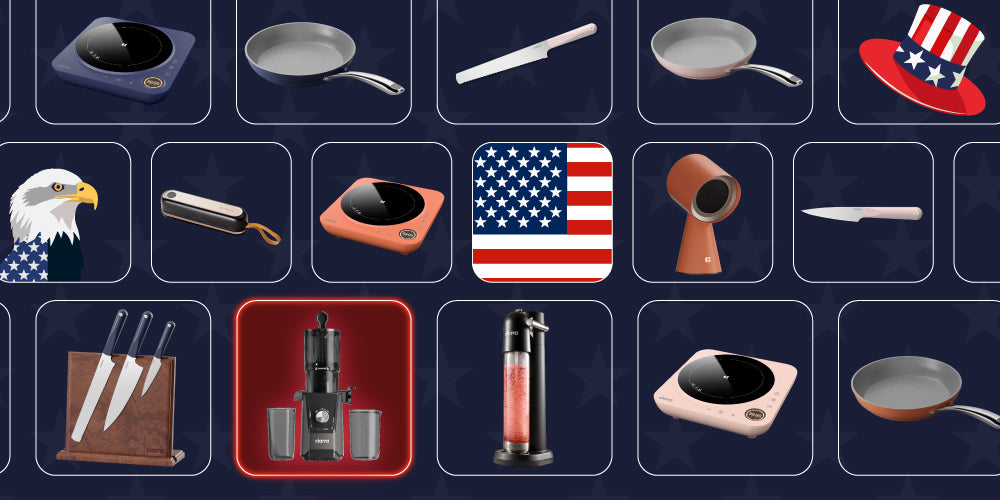
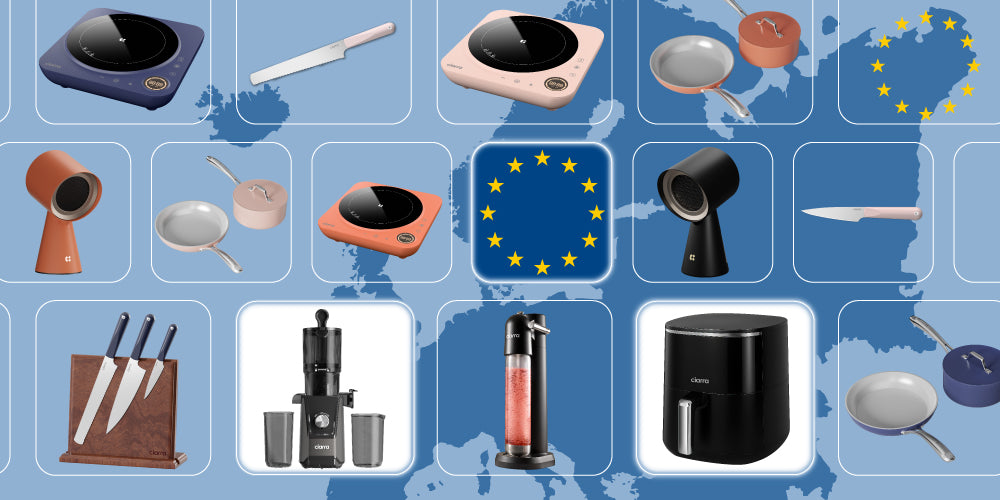
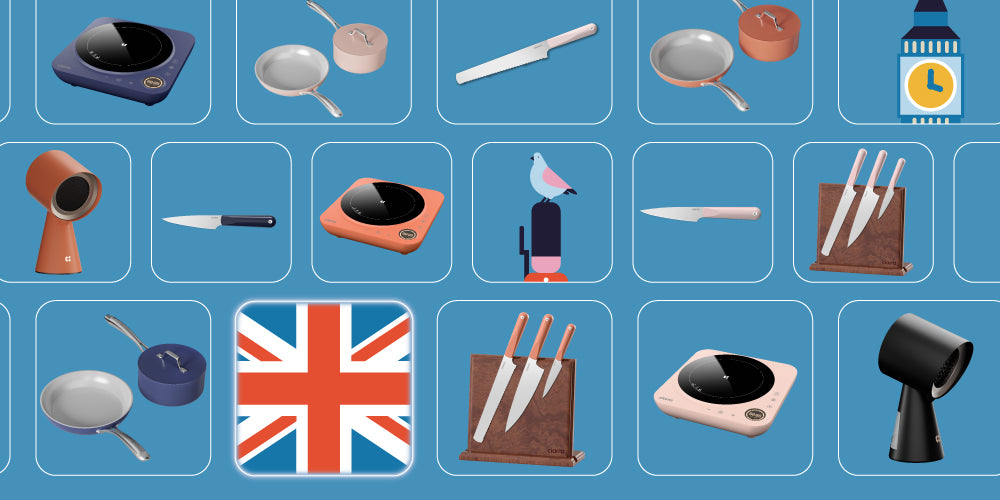
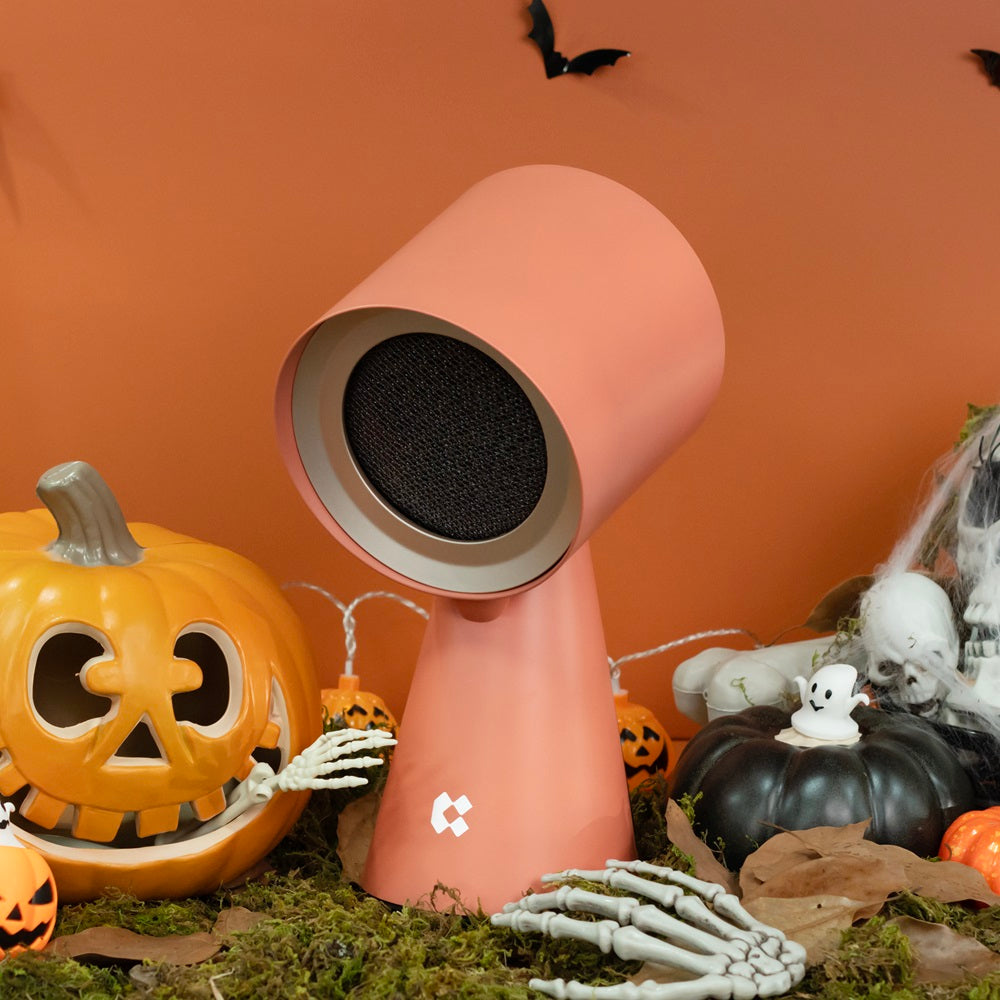
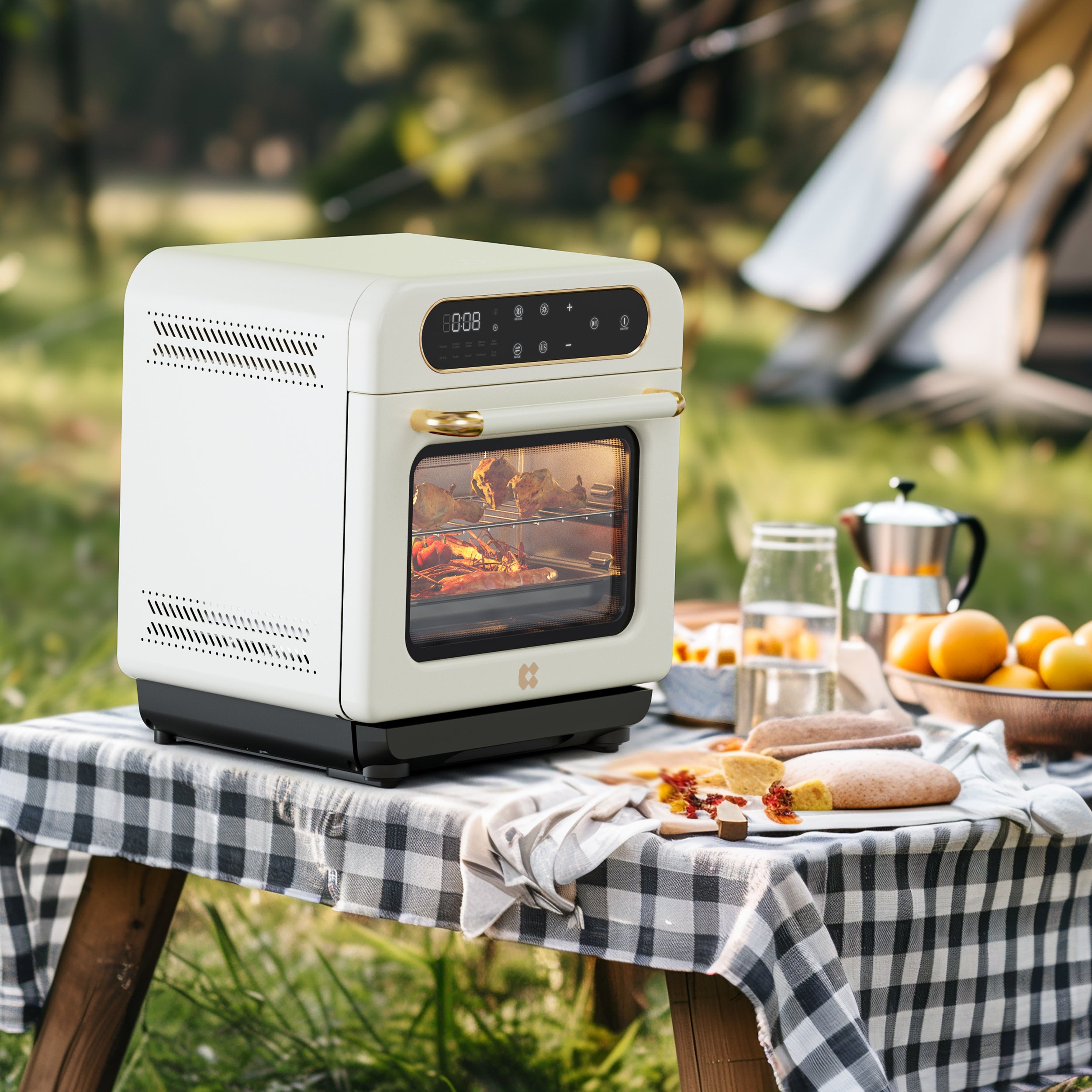
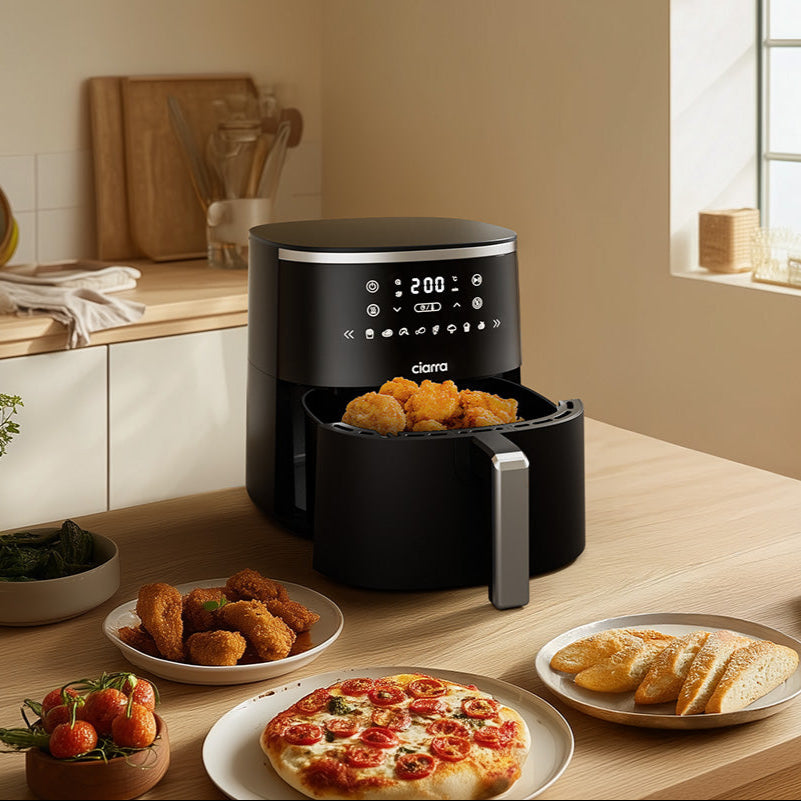
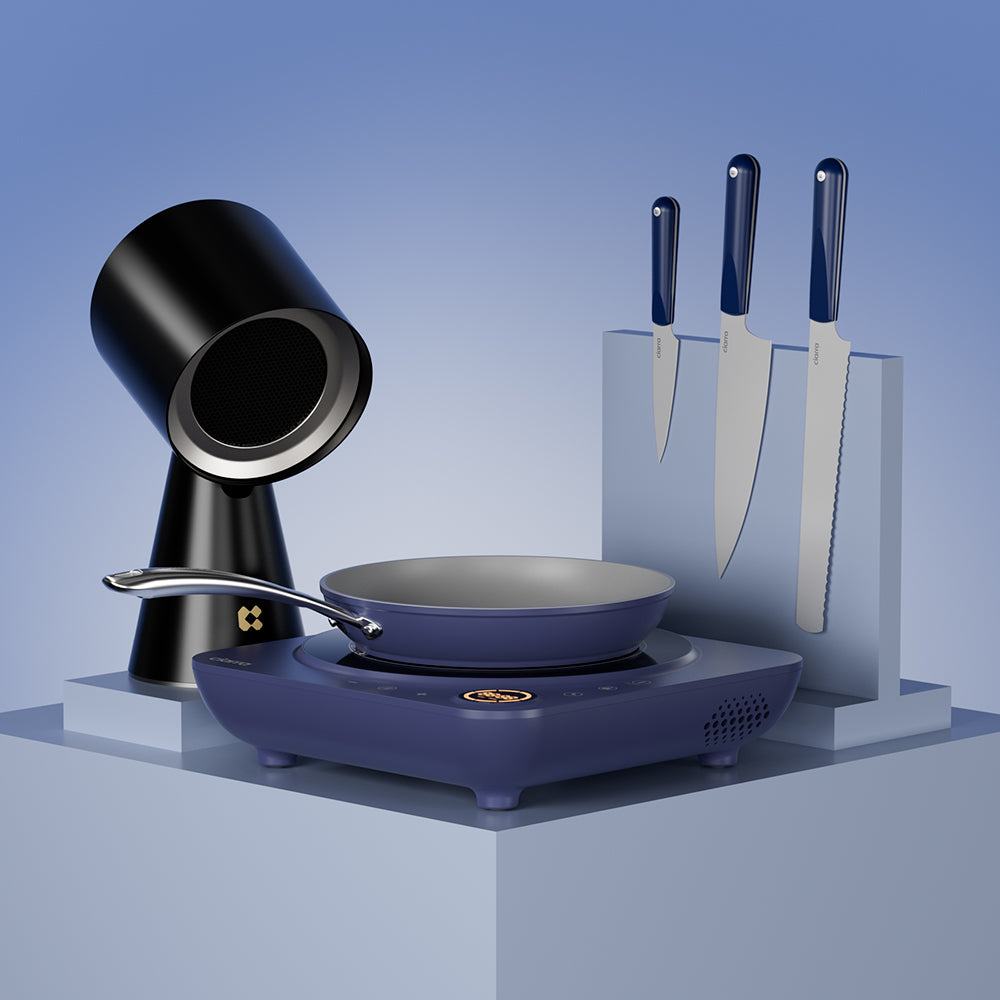
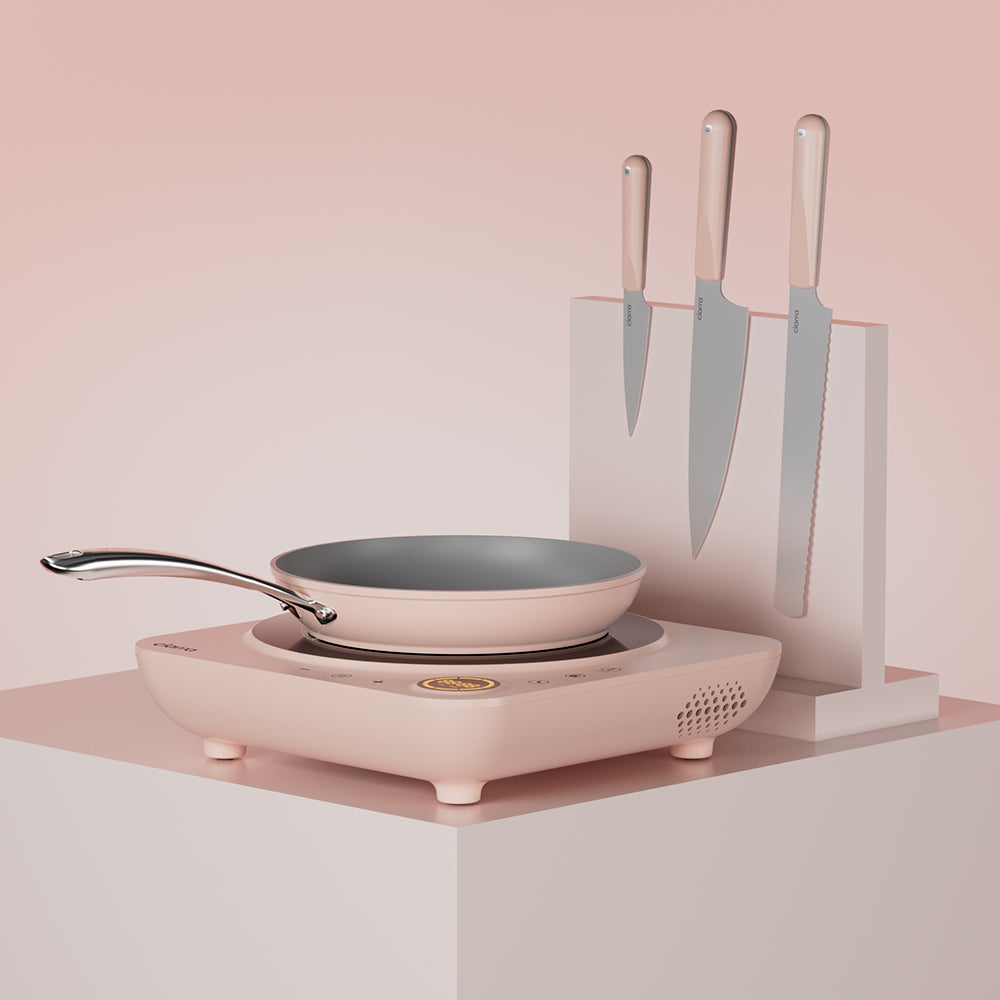
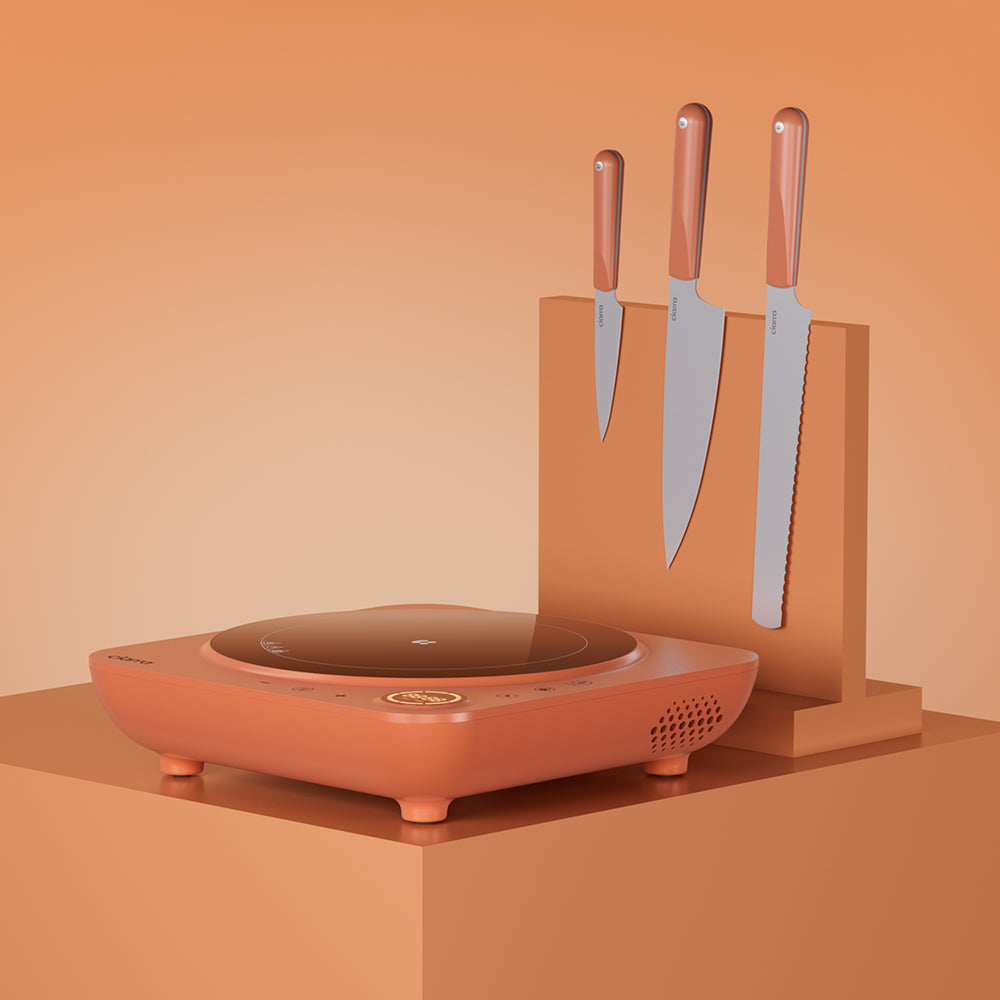
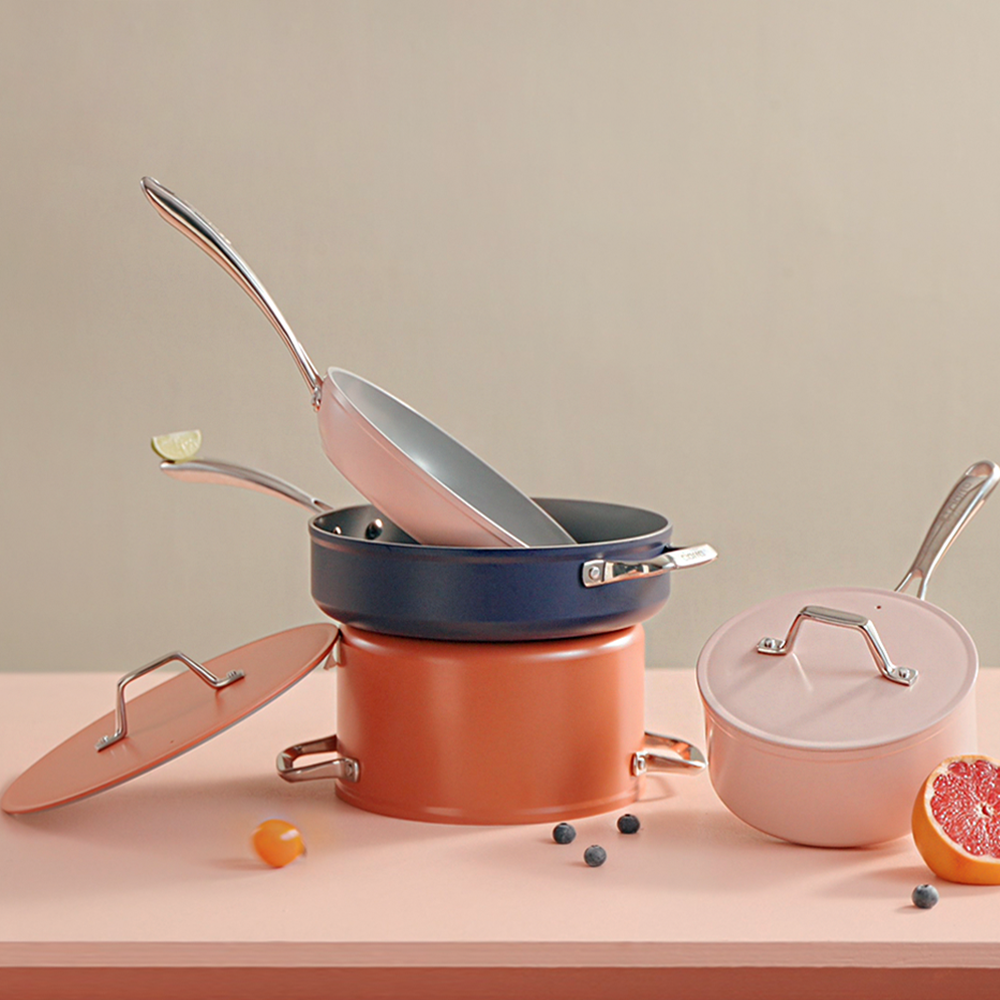
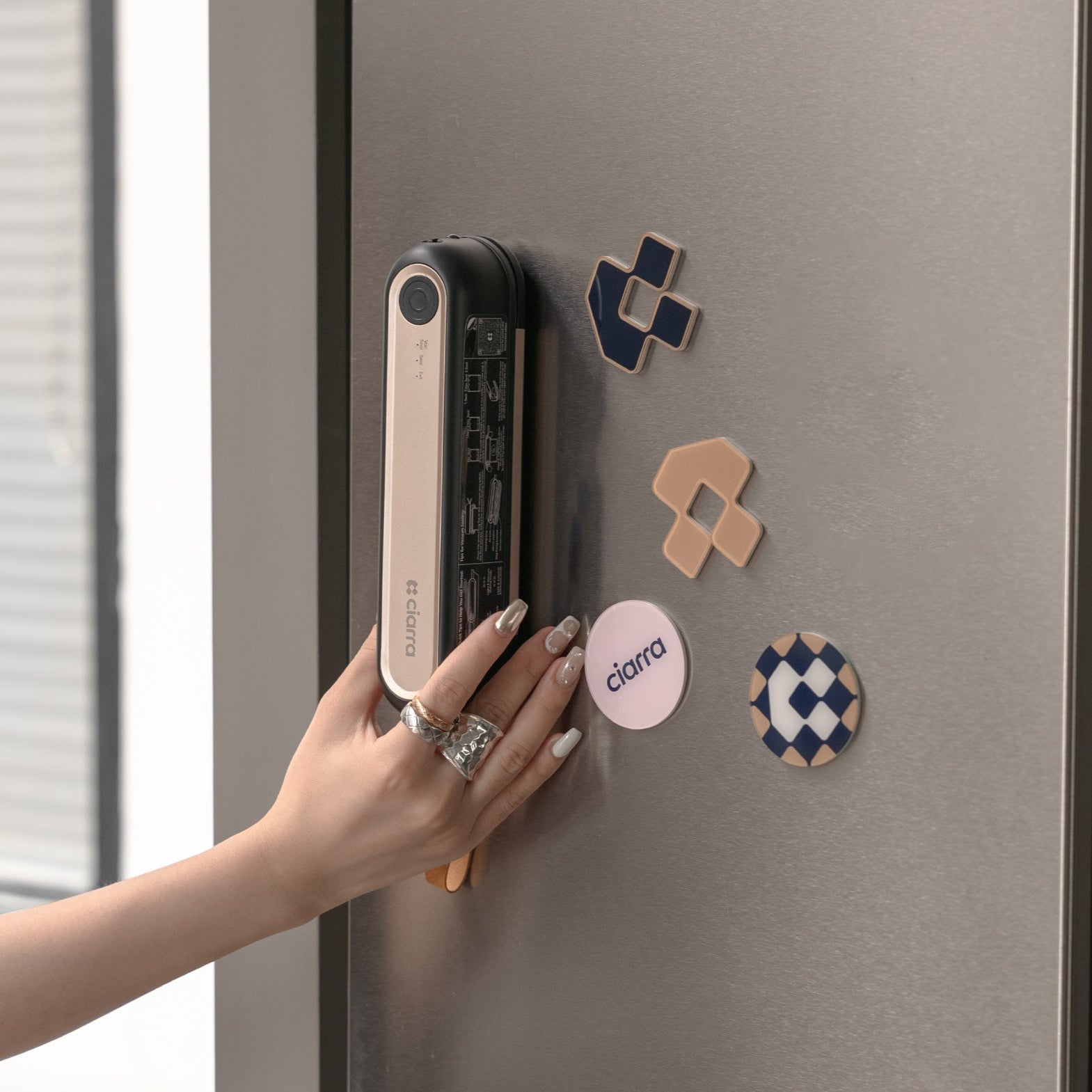
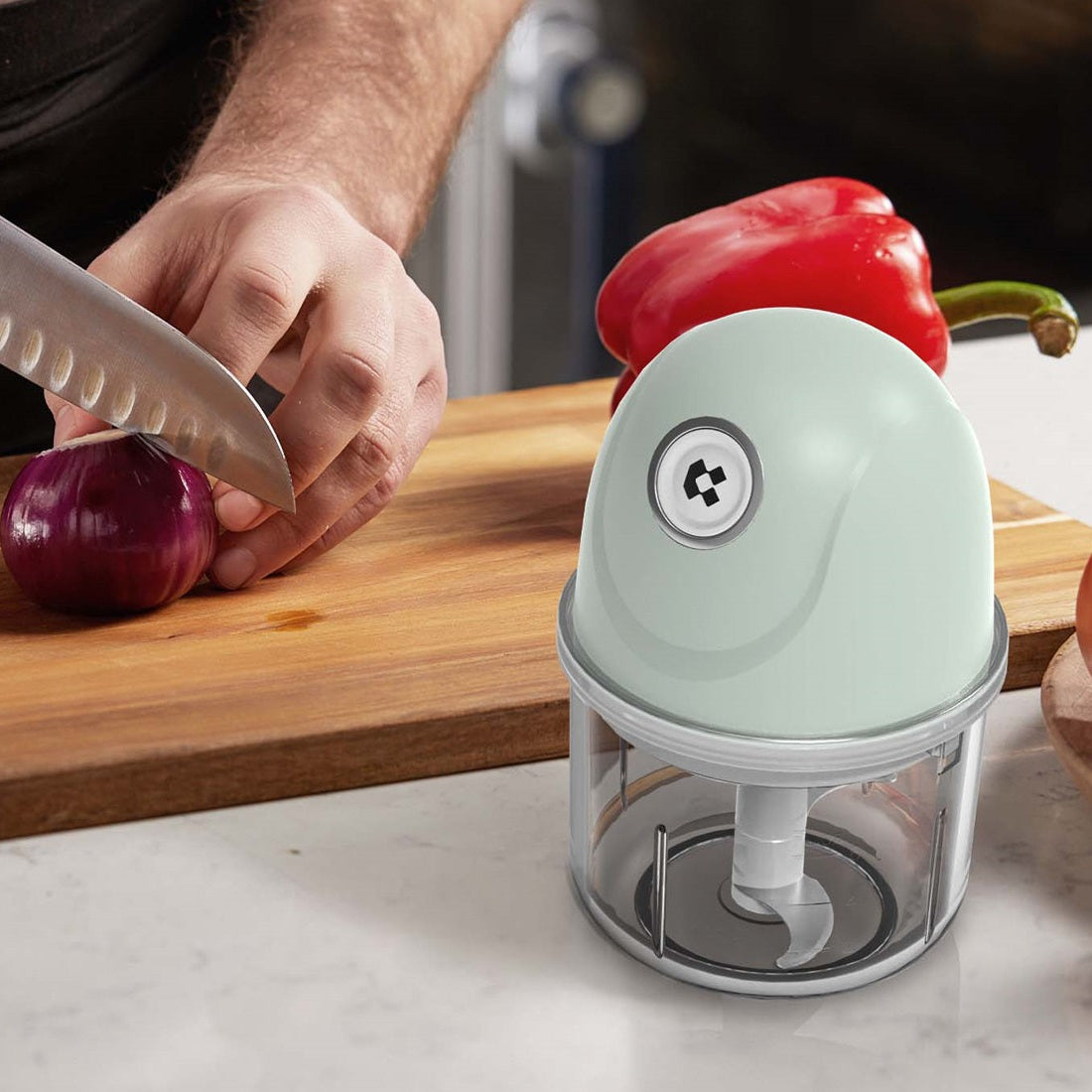



Leave a comment
All comments are moderated before being published.
This site is protected by hCaptcha and the hCaptcha Privacy Policy and Terms of Service apply.